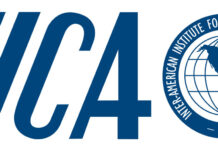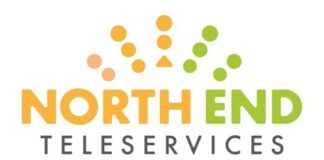SACRAMENTO, California, Dec. 27, 2018 /PRNewswire-HISPANIC PR WIRE/ — It happens every tax season. Fly-by-night tax preparers set up tables in shopping centers or rent office spaces from February to April. They crank out countless tax returns, often touting “big and fast” tax refunds.
“Eventually the taxpayer is left with a financial mess and the tax preparer is nowhere to be found. We call them ghost tax preparers,” said Lester Crawford, chair of the California Tax Education Council (CTEC), a state-mandated nonprofit organization that manages the registration of more than 40,000 unlicensed tax preparers. “It’s a big issue even on the federal level, which is why we are launching an online reporting system that focuses just on ghost tax preparers.”
The new reporting system only requires taxpayers to answer a few quick questions with the name and last known location of the ghost tax preparer. Personal information from the taxpayer is helpful, but not required. Taxpayers can submit reports at ctec.org. All reports go directly to the California Franchise Tax Board, the enforcement arm for CTEC.
“We found too many taxpayers are scared to report a tax preparer because they think it will get them into trouble. We hope the new anonymous option will change that,” Crawford said. “Ghost tax preparers are masters of the disappearing act so it helps enforcement teams to get outside reports.”
Taxpayers are urged to verify the legal status of a tax preparer before handing over their personal information. California law requires anyone who prepares tax returns for a fee to be either an attorney, certified public accountant (CPA), CTEC-registered tax preparer (CRTP) or enrolled agent (EA). Each is required to pass an initial test and complete educational requirements.
In addition to California requirements, tax preparers are required by the Internal Revenue Service to provide a Preparer Tax Identification Number (PTIN) on all federal tax returns they prepare for a fee.
“Licenses or registrations can be suspended or revoked without any notice to clients. Always verify the legal status even if you’ve been going to the same tax preparer for years,” Crawford said.
Taxpayers should report tax preparers to CTEC if they cannot verify their legal status or if they refuse to sign the tax return. Typical red flags of ghost tax preparers include listing the tax return as “self prepared” or sticking a business label on it instead of listing their individual name and PTIN.
CTEC is a nonprofit organization that was established in 1997 by the California State Legislature to protect taxpayers against fraud and incompetent tax preparers.
SOURCE California Tax Education Council






